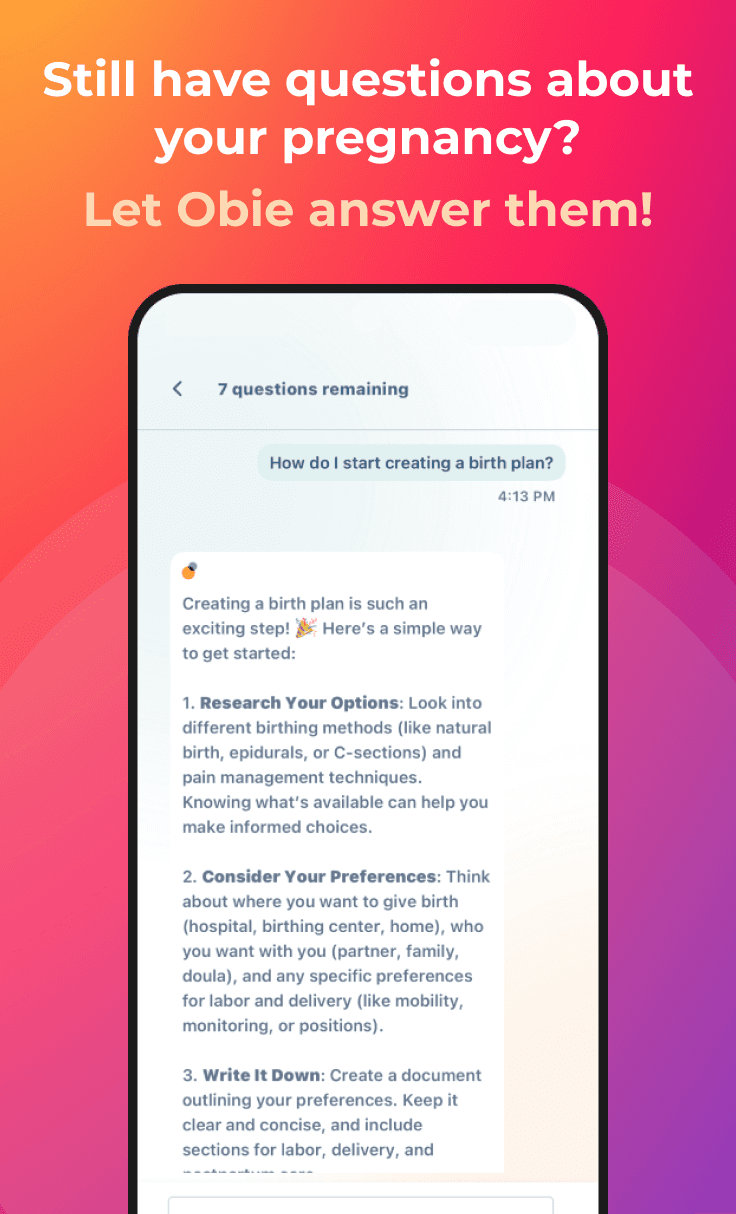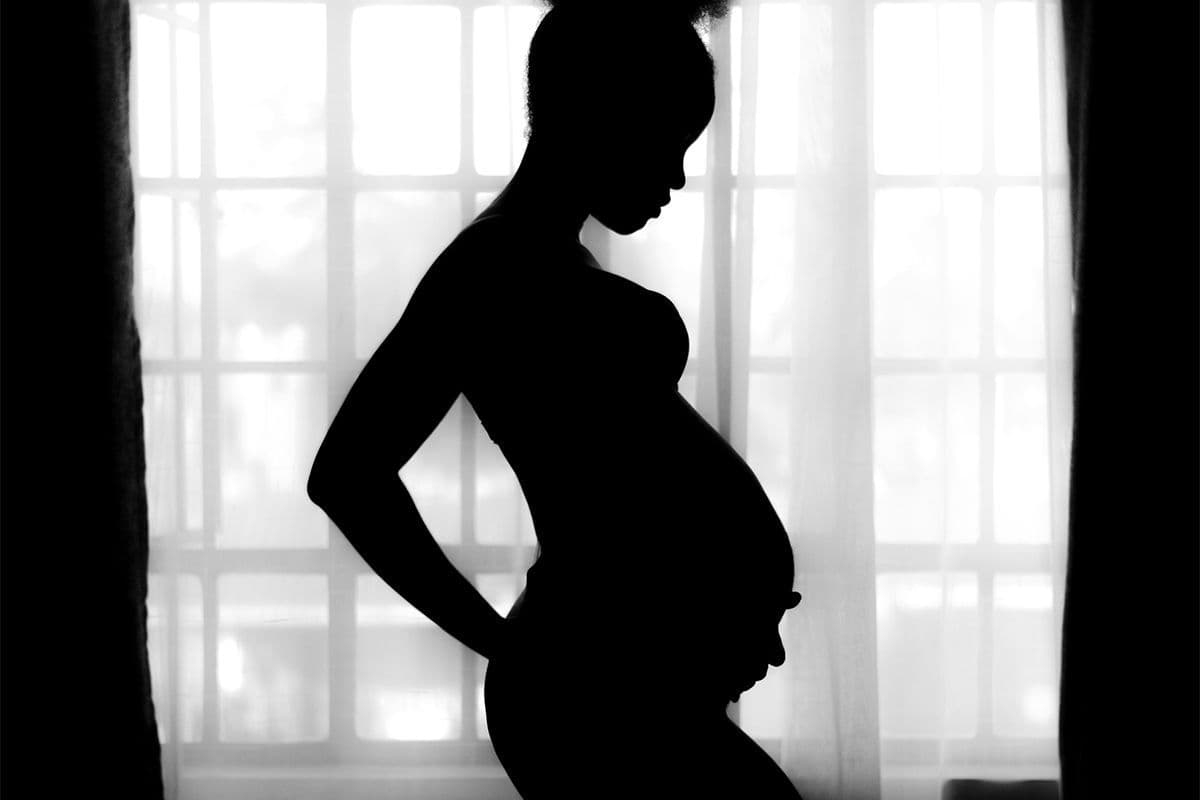Diet Plan during Pregnancy
Obie Editorial Team
Although you’re very excited for the day you can finally hold your little bundle of joy, you can’t help but be a little worried about all the extra weight you’ll put on during your pregnancy. Especially if you work hard to diet in your everyday life, adding a baby’s belly poses some confusing questions about how much you should be eating once your gestation begins.
While a healthy weight is important, you should absolutely not try any fad diets during your pregnancy. Plans such as the Atkins and South Beach diet may have worked for you before, but they provide you with imbalanced nutrition, which could seriously hinder your little one’s development. Healthy eating during your pregnancy is the key, and you should create a diet plan for yourself based on some research-based tips.
In the first trimester, your baby does not need you to eat any extra calories. This might seem surprising, but what your baby really needs in these first three months is vitamins. You should be taking supplements and adding “real” foods to your diet such as grains and vegetables. In the second and third trimester, you should add approximately 300 calories for your baby to your daily diet. That way, your baby will consume all of the extra calories, and you’ll return to normal after delivery. Healthy weight gain during pregnancy should be slow in the first trimester and faster in the second two.
Focus on calcium and iron. Your daily diet should include iron-rich foods such as lean meat, fish, and beans to maintain normal oxygen supply. It should also include calcium-rich foods such as milk to build your baby’s bones.
If you see your pregnancy as a way to eat whatever you want without consequence, you will put you and your baby at risk for numerous health problems. On the other hand, if you don’t gain any weight during your pregnancy to maintain your figure, there are also many risks. Women should gain approximately 25 pounds during their pregnancy. Even if you’ve never dieted before, doing so during your pregnancy could greatly benefit you and your baby, as the nutrients of a healthy diet are vital to his or her growth. It will also be much easier to lose the excess baby weight after your pregnancy if the weight you’ve gained was natural and for your baby’s health and not a result of gluttonous eating.
Source: http://today.msnbc.msn.com/id/21676984/ns/today-today_health/t/dos-donts-diet-tips-pregnancy/#.UCATj82Ikag
While a healthy weight is important, you should absolutely not try any fad diets during your pregnancy. Plans such as the Atkins and South Beach diet may have worked for you before, but they provide you with imbalanced nutrition, which could seriously hinder your little one’s development. Healthy eating during your pregnancy is the key, and you should create a diet plan for yourself based on some research-based tips.
In the first trimester, your baby does not need you to eat any extra calories. This might seem surprising, but what your baby really needs in these first three months is vitamins. You should be taking supplements and adding “real” foods to your diet such as grains and vegetables. In the second and third trimester, you should add approximately 300 calories for your baby to your daily diet. That way, your baby will consume all of the extra calories, and you’ll return to normal after delivery. Healthy weight gain during pregnancy should be slow in the first trimester and faster in the second two.
Focus on calcium and iron. Your daily diet should include iron-rich foods such as lean meat, fish, and beans to maintain normal oxygen supply. It should also include calcium-rich foods such as milk to build your baby’s bones.
If you see your pregnancy as a way to eat whatever you want without consequence, you will put you and your baby at risk for numerous health problems. On the other hand, if you don’t gain any weight during your pregnancy to maintain your figure, there are also many risks. Women should gain approximately 25 pounds during their pregnancy. Even if you’ve never dieted before, doing so during your pregnancy could greatly benefit you and your baby, as the nutrients of a healthy diet are vital to his or her growth. It will also be much easier to lose the excess baby weight after your pregnancy if the weight you’ve gained was natural and for your baby’s health and not a result of gluttonous eating.
Source: http://today.msnbc.msn.com/id/21676984/ns/today-today_health/t/dos-donts-diet-tips-pregnancy/#.UCATj82Ikag









